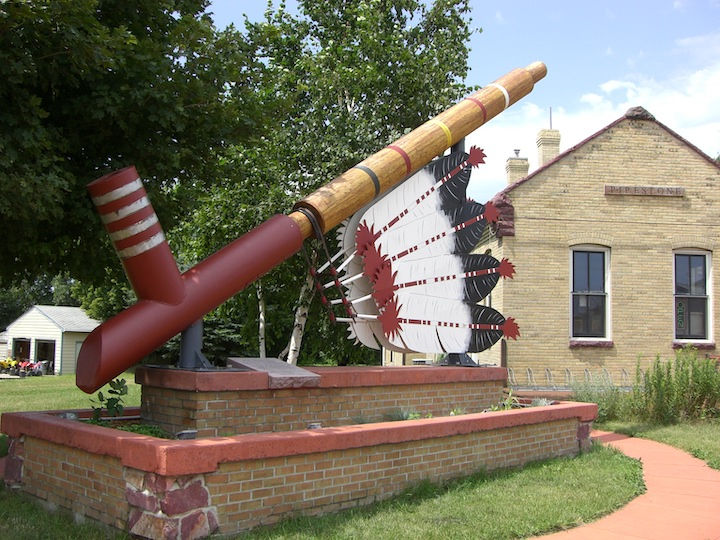Perspectives on Geronimo and the Persistence of Stereotypes
- Kenneth Cohen
- May 7, 2011
- 3 min read
Updated: Feb 21, 2024

I agree that justice has been served in killing Osama bin Laden, an evil man responsible for planning the deaths of thousands of innocent people. I was proud of the precision and bravery of the Navy Seals team. However, a cloud has been cast on their honor because of:
the shameful reaction of Americans to the news. I believe that it is always a tragedy to take a life, and one should never celebrate a death, even the death of one’s enemy. How was the dancing and singing in the streets of Washington D.C. and other cities different from the misguided jubilation in some middle eastern countries after 9/11? President Obama is to be commended for his straightforward and clear presentation of the facts. But I wish he had suggested restraint and perhaps a national moment of silence to honor the victims of terrorism, whether Christian, Muslim, or those of any other tradition. But, of course, then Obama’s speech would have been twisted by political opponents into a sign of complicity. Americans like to cheer the winning team. But this is not a football game. We don’t want “the loser” to try harder next time.
I could not believe my ears when I heard the name “Geronimo” used as a code for the mission and for bin Laden himself. Why not call bin Laden “Lincoln” or “Washington?” It would have been just as inappropriate.
Native Americans are the original American patriots, first defending themselves against European invaders and later against the common enemies of the United States. Brigadier General Ely S. Parker, military secretary to General Ulysses S. Grant, was a Seneca Wolf Clan sachem, traditional political and spiritual leader. He transcribed the surrender agreement signed by Robert E. Lee at Appomattox at the end of the Civil War.
In 1921 Absarokee Chief Plenty Coups stood by President Woodrow Wilson at the dedication of the Tomb of the Unknown Soldier in Washington D.C. to honor the Absarokee soldiers who fought in the First World War. He laid his war bonnet and coup stick on the casket.
A higher percentage of Native Americans volunteer for military service than whites or people of any other ethnicity in the U.S. 44,521 fought in World War II and approximately 50,000 in Vietnam. During the Second World War, “Navajo Code Talkers” transmitted Allied messages in an unbreakable code, their own Diné language.
In the spring of 2011, I had the great honor of meeting a group of the few Code Talkers still alive. These heroes, who risked their lives at the front lines of attack or within enemy territory, were proudly displaying their medals. Native Americans contributed hundreds of thousands of dollars to relief efforts after 9/11. It was a Hopi woman who was the first female American soldier to lose her life in the Iraq war. Have you ever seen the way veterans and the U.S. flag are honored at the opening of inter-tribal events and pow-wows? And the U.S. military has the gall to name a foreign enemy after a Native American hero?
Geronimo (real name “Goyakola”) was an Apache healer, spiritual leader, and warrior. On February 23, 2009, one hundred years after his death (Feb. 17, 1909) the U.S. Congress passed a resolution to honor his life and memory (House Resolution 132). Does the U.S. government, especially the military’s Commander-In-Chief, have Alzheimer’s? Ironically, the day before bin Laden’s death, I enjoyed a cultural presentation by Apache Crown Dancers in New Mexico. When invited, I danced with them on the circumference of their sacred circle and received healing blessings. I was brought back to a time, nearly forty years ago, when I camped and visited with Native people in mountains and deserts (now called “Gila National Forest” and “Chiracahua National Monument”) that were special to Geronimo. The Crown Dancers seemed to embody the spirit of that beautiful land. And the next day, their most famous tribal leader was maligned. Please learn more about these issues by viewing videos and reading statements by Indian Leaders at the United States Senate Commission on Indian Affairs Oversight Hearing on “Stolen Identities: The Impact of Racist Stereotypes on Indigenous People.” It took place on May 5, 2011. One of the statements was submitted by a an Apache Veteran of the Vietnam War, whose father had fought across Western Europe during the Second World War, including on Omaha Beach during D Day. This gentleman’s name is Harlyn Geronimo, the great grandson of Geronimo.




Comments